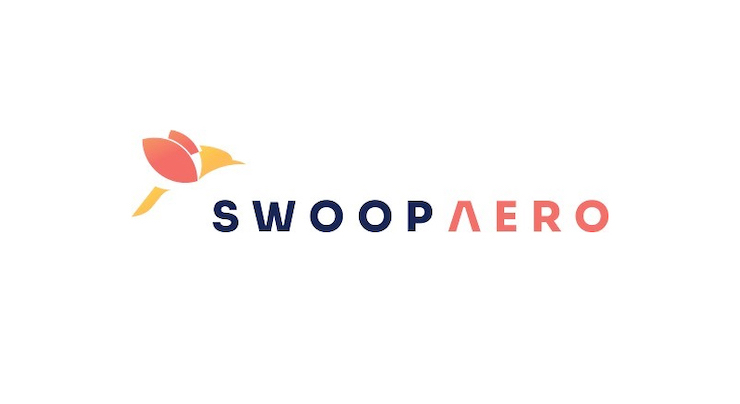With Its Unique Versatility, Swoop Aero Is Fast Ascending the Ranks of the World’s Leading Drone Companies

Australia’s Swoop Aero is fast ascending the ranks of the world’s leading small cargo drone companies. Like its American counterpart Zipline, the Melbourne-based firm first cut its teeth with medical supply deliveries in Africa, beginning in Malawi, and later expanding into the Democratic Republic of the Congo and other nearby nations. From the start. the six-year old company has benefited from the relatively loose regulatory environment it’s found both at home and in Africa, It will soon face a much bigger test as it seeks to expand into the highly prized US market, where the FAA holds a much tighter rein, especially on Beyond Visual Line of Sight (BVLOS) deliveries which the company is already well-qualified to perform.
Swoop Aero is carving out a large niche based on the design of its drone aircraft which allows for rapid conversion from high-altitude aerial surveillance to retail and medical delivery and specialized pipeline and construction inspections. In the United States, the company is moving quickly into the military defense and security sector through its privileged relationship with Quickstep USA. Under its exclusive agreement with the company, Swoop will provide its state-of-the art Kite drone to the Department of Defense and other federal agencies.
Swoop Aero’s latest big contract brings the company back home to Australia The Darling Downs Hospital and Health Service (DDHHS) in southern Queensland is trialing Swoop’s Kite drone to transport blood tests between rural hospitals and larger facilities to expedite testing and analysis. “The faster that we can provide a diagnosis to a patient, the faster we can administer medicine or a treatment pathway,” says Dave Pugsley, DDHHS’ rural operations manager.
In the past, local hospitals had to rely on nurses to drive samples between hospitals. That reduced the number of medical personnel available to serve patients directly. Pugsley says the drones have cut the blood sample delivery time in half.
This is not the DDHHS’ first experience with drones. Previously, the service utilized a Kookaburra drone, but the Kite represents a major upgrade in capability. The Kite has a range of 100 miles and a cruising speed of 80 mph, with a payload capacity of 10 lbs. With its expanded range, the drone can be remotely piloted from Swoop’s Melbourne base, and with a higher payload, more samples can be delivered in a single run.
Swoop Aero is committed to constant innovation, part of the reason for its expanding success. The design of the Kite has evolved as the company has observed its use and received feedback from customers. Swoop has also partnered with Iris Automation in the development of state-of-the-art “sense-and-avoid” technology to enhance flight safety and garner additional regulatory approvals.
Last December, the company announced that it had delivered its one millionth item and completed its 20,000th flight. Other US government agencies besides DOD are beginning to take notice. USAID recently awarded $1.5 million to the company, on top of a $10 million addition — from Levitate Capital — to Swoop’s $16 million Series B from earlier this year. Swoop is also seeking $40 million to expand into more commercial niches in the US market, including search and rescue and wildlife monitoring.
|